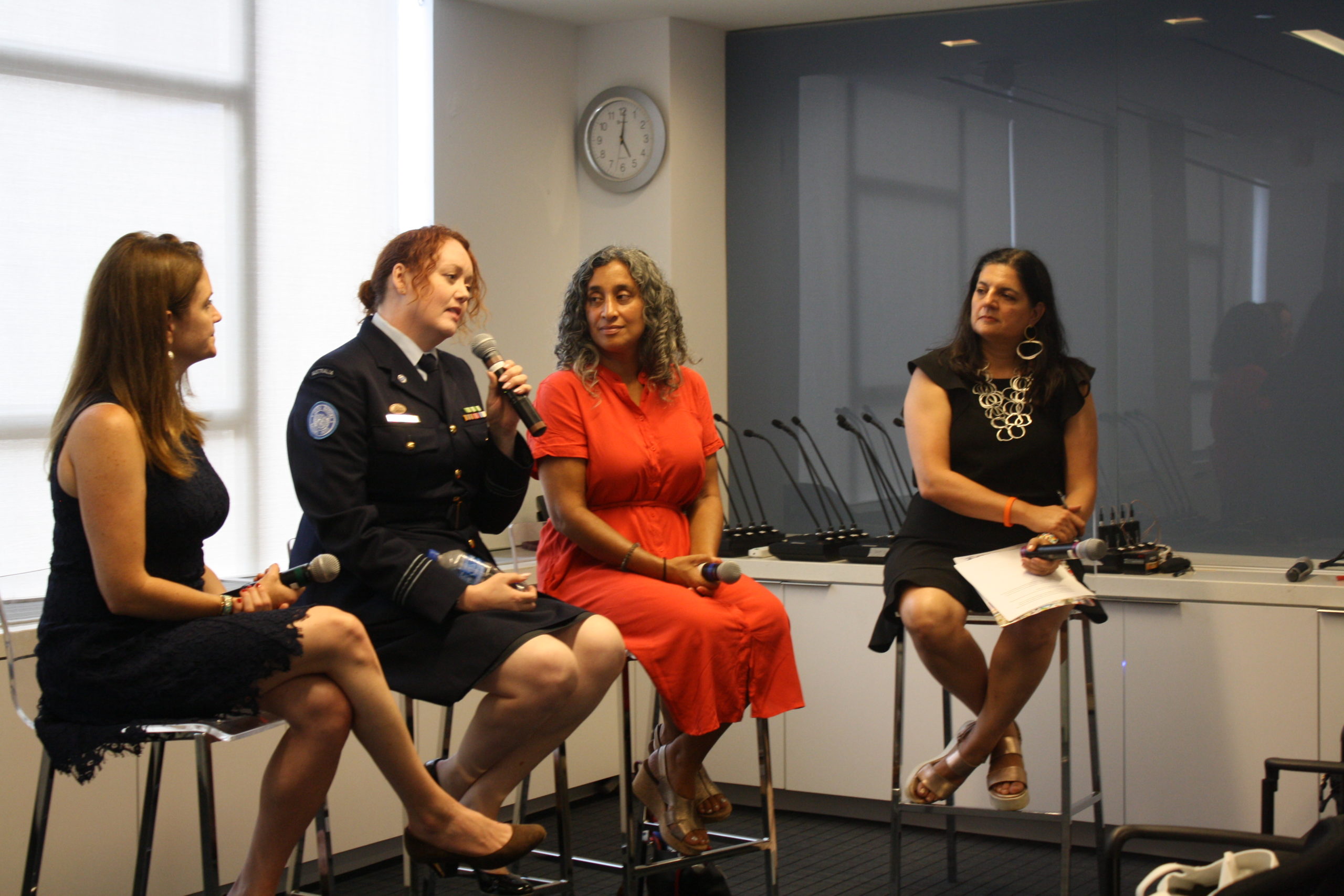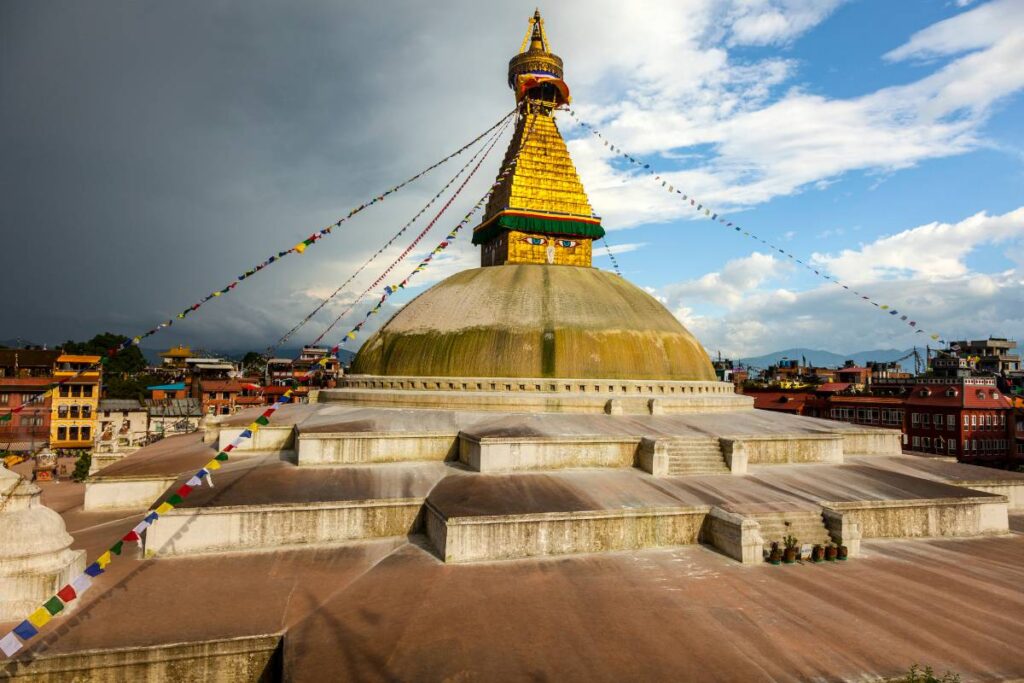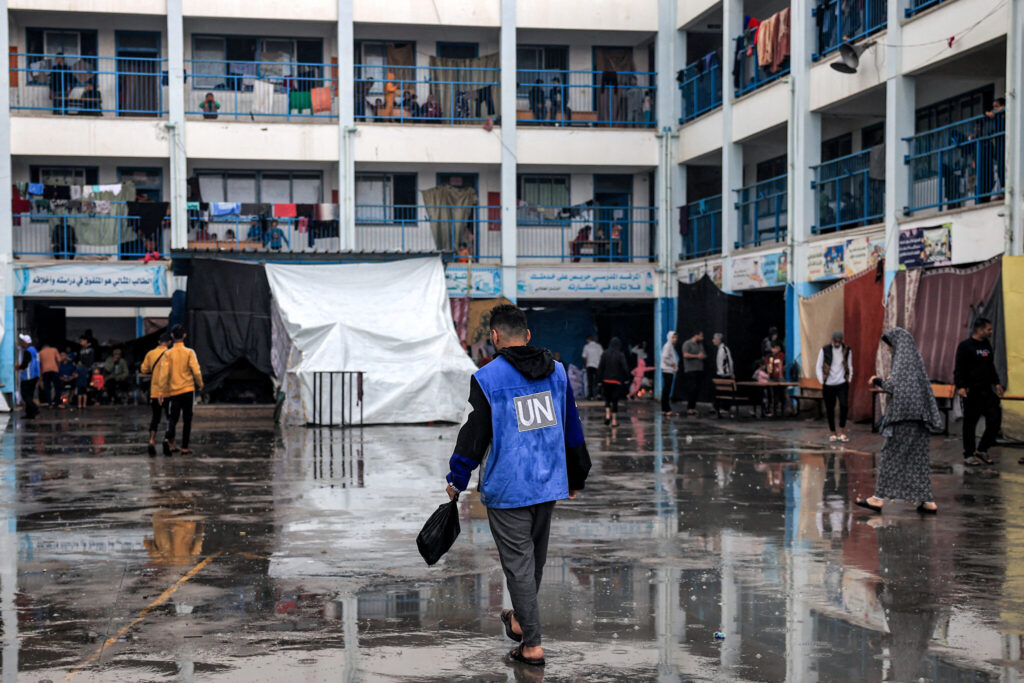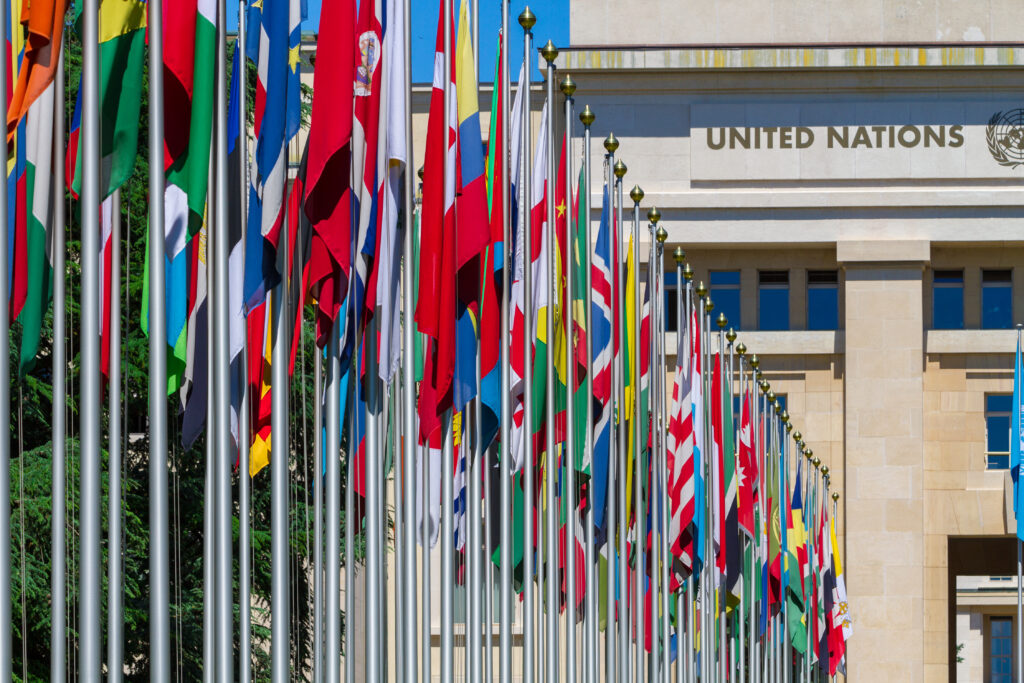By Kelli Meyer
According to the UN, between 1957 and 1989, only 20 uniformed women served as UN peacekeepers. While that number has grown to nearly five percent of total uniformed personnel in UN peacekeeping today, the gender gap persists.
In the film “Journey of a Thousand Miles: Peacekeepers,” we meet three women from Bangladesh, who formed one of the first all-female, Muslim majority uniformed police units to deploy to the field, in this case, the UN Peacekeeping Mission in Haiti. (Editorial note: the mission featured in the film, MINUSTAH, closed in October 2017. A follow-on mission has since deployed in its place and is set to close in October 2019.)
Though their time abroad is not without hardship – they arrive in Haiti without sufficient training and must cope with being thousands of miles away from their families – the women are also given authority and opportunity during deployment not yet possible in their own country.
Moreover, we witness how the presence of female peacekeepers helped to successfully build relationships with the local communities that were critical to rebuilding Haiti after the earthquake.
This is among the reasons why the documentary feels both hopeful and discouraging all at once – knowing that women can have a real, tangible difference in the field, but that so little progress has been made over the past few decades.
The Better World Campaign held a screening of the film and discussion on July 29 to discuss the important questions raised by the documentary. Joining the panel was Geeta Gandbhir, the film’s producer; Fiona Pearce, Squadron Leader and Military Gender Advisor, UN Department of Peacekeeping Operations; and Xanthe Scharff, Executive Director of the Fuller Project. The discussion was moderated by Indira Lakshmanan, Executive Editor of the Pulitzer Center on Crisis Reporting.
As one of the filmmakers on the ground in Haiti, Gandbhir provided an important lens into how the peacekeepers shattered conventional norms for not only women and mothers, but for women from predominantly Muslim communities. Both Scharff and Lakshmanan also touched on this issue, and cited recent reporting from Afghanistan that showed these are challenges are pervasive globally, especially for women in the security sector.
Another theme of the conversation was how despite these challenges, women have the power to bring peace and stability to conflict areas.
Pearce in particular highlighted how the UN supports initiatives that incentivize troop-contributing countries to include women in their ranks. The idea behind doing so is two-fold: first, women bring unique perspectives and experiences, and second they have the potential to inspire a new generation of girls and women interested in the field. For instance, in Liberia the presence of female peacekeepers encouraged local women to follow in their path upon the deployment of the first all-female force in 2007. As a result, the Liberian National Police experienced a dramatic increase in women joining its forces.
While the journey was not easy, both the film and the panel discussion are important reminders of the need to not only make women’s voices heard, but to call upon their examples for the future.




